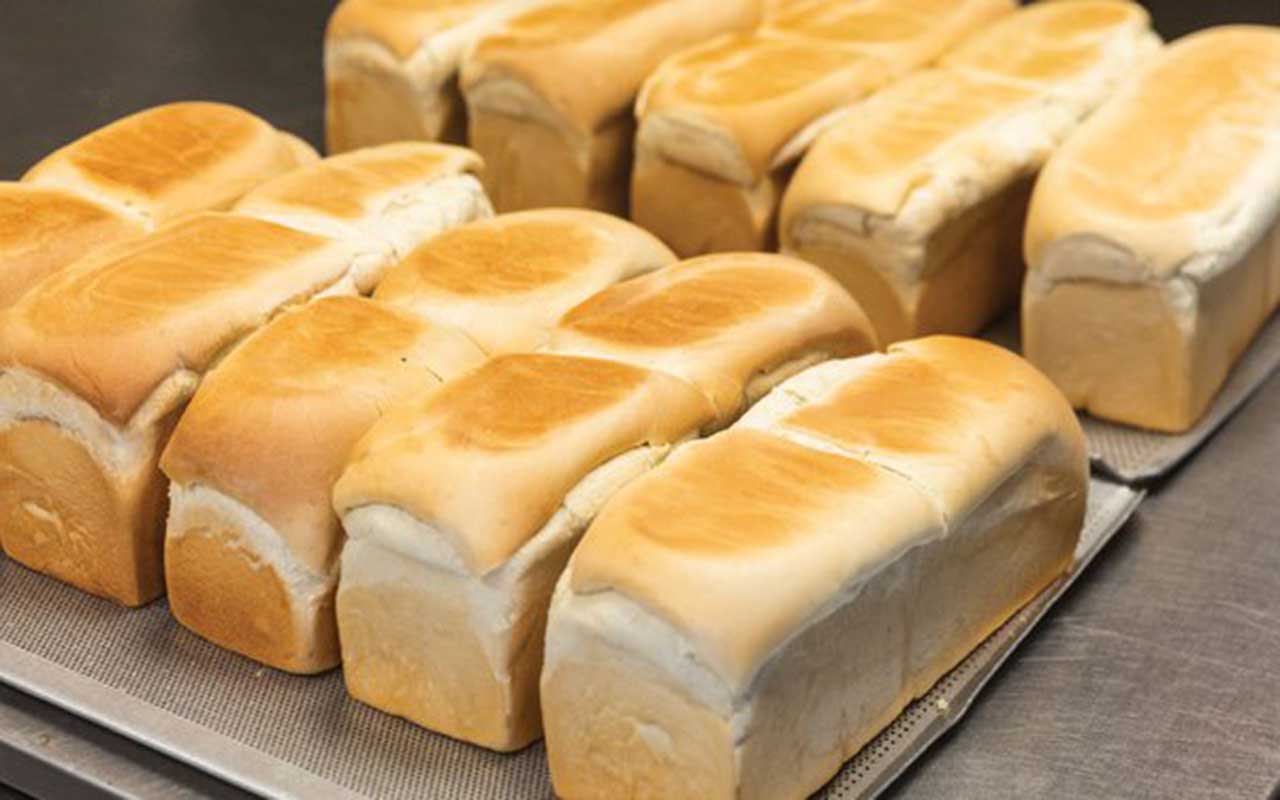• Say 200,000 Jobs May Be Lost
The Lubricant Producers Association of Nigeria (LUPAN) has cried out over the new import permit requirement of the Federal Government, stating that the policy will kill the local industry and send over 200,000 people out of jobs.
The Executive Secretary, LUPAN, Emeka Obidike, in his speech at the Nigerian Midstream and Downstream Petroleum Regulatory Authority (NMDPRA) headquarters, said: “The policy will kill the entire existing plants in the country, who are currently producing below 30 per cent of installed capacities.
“It will kill the growth recorded in the last few years in the sector, and set back the lubricant policy of the Federal Government, which is currently being perfected by the Federal Ministry of Industry, Trade and Investment in the lubricant Industry.”
According to him, the hue and cry of LUPAN has always been for the advancement of the indigenous lubricant market in tune with the trends, drive and demands of the 21st century global market, at par in quality, diversity and versatility with global frontrunners.
He added that the implementation of the new import permit will dissuade more investment opportunity in the lubricant Industry.
“We have a capacity far above national demand and even export, but currently idle because of the influx of finished products.”
He claimed that there will be increased breakdown of machineries across the country, because of low-quality imported lubricant.
“The new policy will ultimately create serious compromise, similar to what the sector is experiencing in the indiscriminate granting of basic oil import permit license to none plants.
“It will create an unfavorable market advantage to the imported lubes, because of many factors that include power, multiple taxation, forex fluctuation, infrastructures, and high interest rate.
“Many companies might slip into bankruptcy and insolvency because of the huge lost to be experienced.” The Chief Executive, NMDPRA, Farouk Ahmed, had earlier unveiled plans by the authority to begin the issuance of licenses for lubricant importation to curb influx of substandard and counterfeit lubricants into the country.
Ahmed, represented by Executive Director, Hydrocarbon Processing Plants, Installations and Transportation Infrastructure (HPPITI), Francis Ogaree, at an event in Abuja, said the development was to ensure proper regulation, prevent influx of low quality lubricants.
“NMDPRA has also rolled out the Lubricant Importation Module on the Lube Oil Blending Plant (LOBP) Portal — a tool designed to simplify the application, approval, and monitoring process for lubricant imports,” he said.






